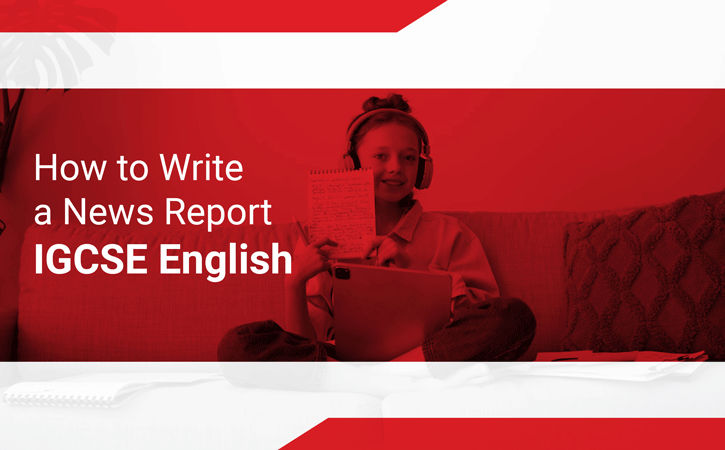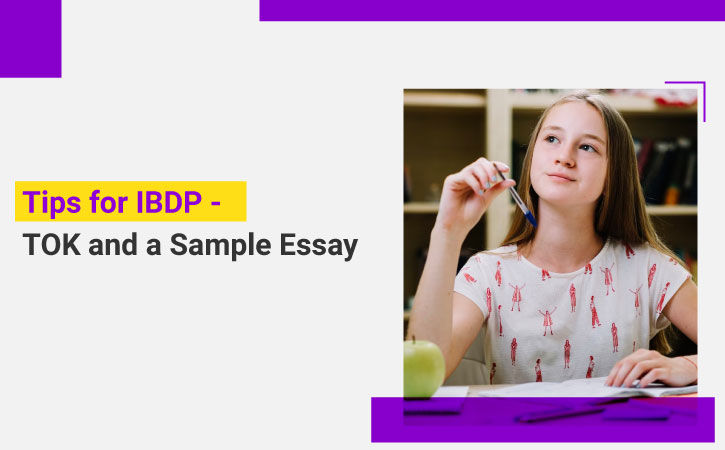

IGCSE (International General Certificate of Secondary Education) offers up to 70 subjects to its students, including more than 30 languages. Students can take them in any combination. The groups under which the subjects are ordered are
Students have to choose 2 languages, one subject each from groups 2 to 5. The 7th subject can be chosen from any group 2 to 5. Apart from giving an international education certificate, high scores on the IGCSE have other benefits too.
There are two options for the language English – English as the first language (EFL) and English as the second language (ESL)
Cambridge IGCSE First Language English (EFL) is curated for students whose first language is English. The course enables the students to
Cambridge IGCSE Second Language English (ESL) is curated for students whose native language is not English but have a working knowledge. The course enables the students to
Thus, the students improve their communication abilities in this language, thus increasing their opportunities for further studies or for a planned career.
To choose the right option between the two, consider two major parameters
Paper 1 and Paper 2 of the EFL require the students respond to texts provided in the examination
requires the students to respond tin 250-350 words to one of the following text types – speech, letter, report, journal, interview, and article.
Evaluate the information in the text to write a 250-350 worded discursive/argumentative/persuasive speech, letter, or article
Descriptive or Narrative 350-450 worded composition
Paper 1 and Paper 2 of the ESL require the students to attempt followingly
Students need to
IGCSE ESL Exercise 6 of paper 1 and paper 2 – reading and writing extended paper requires the student to write a newspaper report.
A newspaper report is designed to report events or news to inform people what is happening across the world. So, the people are kept abreast of what is happening locally, nationally, or internationally from where they are. Key features of a newspaper report are
So, how should a student write a newspaper report? Let us explore the key points :
1. A question will be presented in the paper with two or three bullet points. Hence, the student should focus on the bullet points to build the newspaper report.
2. The Headline is the first interaction the reader has with the report. Hence, it should be very catchy and kindle the curiosity of the reader. Exaggeration is allowed. If the reader moves on to read the content after reading the headline, then the student has won half the battle. Some tips for catchy headlines:
– Rains and Storm: Chennai in Ruins
3. Add the by-line: The by-line consists of the name of the reporter who is reporting the event. The current location of the reporter should be mentioned before the content.
4. Then we move on to the main content of the report. The first paragraph is the Introduction. Basically, the student is required to answer the five W’s and one H, in building the first paragraph.
Let us consider an example – a volleyball match played between the red and blue teams in which the red team won the match.
5. Then follows the main body of the content – Detailed Events. In short and punchy paragraphs, the student should brief the details of the event. He would be answering mostly the’ Why’ and ‘How’ questions.
Past tense should be used to narrate the details in these paragraphs as he is reporting a match that is over. He may want to write about what the players from each team had to say. He could either use direct speech (in inverted commas) or indirect speech (no inverted commas). For example:
“It was a tough match indeed. But my team played wonderfully, and I congratulate each one of them for their best efforts and thank the spectators too for their excellent support” said the Red team Captain. (Direct Speech)
The Red team Captain mentioned that it was a tough match. He said that his team played wonderfully, and he congratulated each one of them for his individual efforts. He also thanked the spectators for their excellent support. (Indirect Speech)
6. For the concluding paragraph, the student can include the details of the current situation of the event like the rewards or awards, or the organization/committee which sponsored the match or probably the details of the next match to be played, again using the present/future tense depending on the details.
For the above example
The players of the winning team got a silver trophy and Rs. 5000 each and the players of the runners-up team got Rs. 2000 each. The next match will be played in March 2023. And there will be three teams participating.
References to what a spectator (for this example) has to say can be added and this will make the newspaper report more credible and authentic. Again, direct, or indirect speech for the comments needs to be used,
In case of a fire accident, the student can give an expert comment from the police.
Manya – The Princeton Review offers end-to-end study abroad services encompassing admissions consulting services, test preparation, English language training, career assessment, and international internship opportunities to study abroad aspirants. Founded in 2002, Manya holds an impeccable track record of enabling more than 4 lac students to accomplish their study abroad dreams through its network of 47+ centers across India.
Manya has formed long-lasting global alliances with several market leaders in the education industry in order to maximize the benefits of its large service portfolio. Their list of esteemed partners and affiliations includes – The Princeton Review (TPR), Cambridge University Press (CUP), Cogito Hub, British Council, Tuding to name a few. Manya has also forged 600+ partnerships with international universities across top study abroad destinations.
Book your Free Counselling Session now!Start with the basic but unnoticed facts. Understand the topic. Give a fantastic headline and start with the body. Keep the content interesting by using passive voice. Last end with a concluding sentence and end with a conclusion. Thus to write a good news report in IGCSE English.
There are 4 basic structures that are the headline, byline, lead, body, and trail. These are the 4 basic structures of a good news report in IGCSE English.
The most important factor in IGCSE English is immediacy which is also known as timeliness.
What happened? Who is involved in the incident? Etc. Thus are some questions asked for a news report making while students also ask this question themselves at the time of the IGCSE English exam.
Education, health, government, sports, etc. are some of the common types of news reports given in IGCSE English.

Tips for IBDP-TOK and a Sample Essay